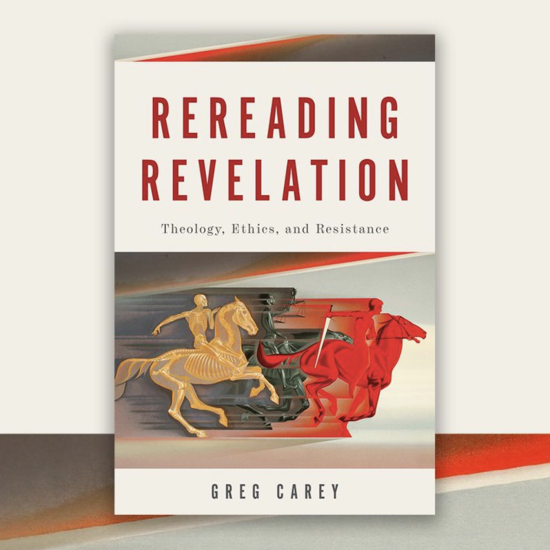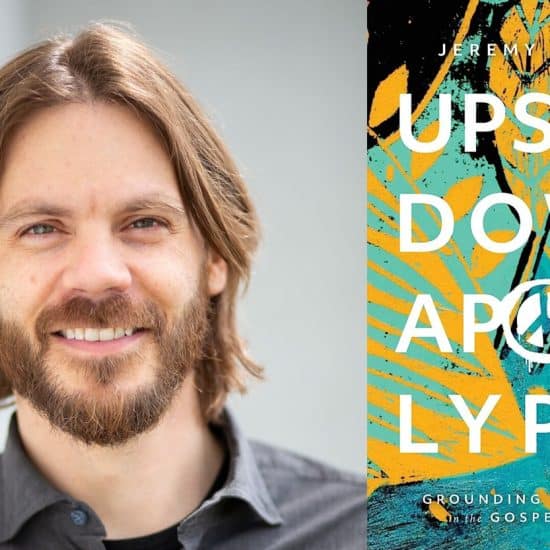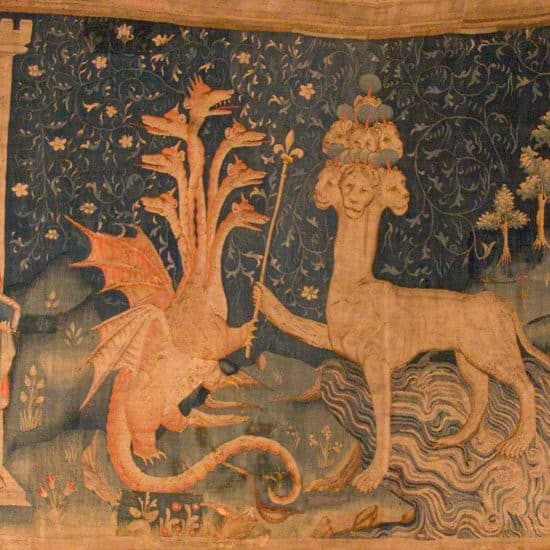 The heavenly throne
The heavenly throne
Formations: November 6, 2016
Scripture: Revelation 4
 Michael OlmstedI watched with fascination as my television showed a crowd of thousands gathered at what seemed to be a converted sports arena. The music reminded me of popular rock concerts. The preacher was clothed, coiffed and made up like a television star. With Bible in hand the preacher proclaimed that God wants you to have your desires, will bless you with unbelievable prosperity and will make you successful if you truly trust God. The cameras scanned the crowd, stopping briefly on face after face of animated participants hungry for the promised prosperity. I did not hear much about Jesus in the broadcast or make a solid connection to the Bible. What I saw was entertainment, a sales pitch based on dreams and desperation, and a crowd longing for a life different than the world collapsing around them.
Michael OlmstedI watched with fascination as my television showed a crowd of thousands gathered at what seemed to be a converted sports arena. The music reminded me of popular rock concerts. The preacher was clothed, coiffed and made up like a television star. With Bible in hand the preacher proclaimed that God wants you to have your desires, will bless you with unbelievable prosperity and will make you successful if you truly trust God. The cameras scanned the crowd, stopping briefly on face after face of animated participants hungry for the promised prosperity. I did not hear much about Jesus in the broadcast or make a solid connection to the Bible. What I saw was entertainment, a sales pitch based on dreams and desperation, and a crowd longing for a life different than the world collapsing around them.
When the Apostle John experienced God’s revelation on Patmos, he was living in a world of despair. Society was divided between a small, powerful, wealthy class and an enormous impoverished and oppressed lower class. In the isolation of Patmos, John saw a vision of God. Instead of an angel promising John he too could be could be powerful and wealthy, the vision was a scene of worship before God’s throne in heaven. What John recounts is no “all is well and we will get what we want!” This is a stunning picture of who God is and what life is really about: the centrality of worship as an expression of our love for God.
John’s vision tells us much about worship. First, the focus is on God, not us. Second, every being in heaven is worshipping without reservation.
In our day we argue about traditional, contemporary or blended music. Should we stand or sit when we sing? Raise our hands or not? Wear a suit or a t-shirt? Read from a hymnal or off a projection screen? Sit in chairs or pews? Use an organ or praise band?
The first thing John saw was a throne in heaven and the one seated on that throne “looked like jasper and carnelian, and surrounding that throne was a rainbow that looked like an emerald” (v. 3). John is using word pictures that cannot adequately describe the unequaled splendor of God on his throne. Everything, from the twenty-four elders, a glass sea like crystal, to the four living creatures hovering above the throne, tell us there is no way to reduce this picture to anything we have seen.
The Bible often describes God’s appearance as a radiant light. Matthew 17:2 describes Jesus at his transfiguration: “His face shone like the sun, and his garments became as white as light.” Added to the radiance of God on his throne, John sees lightning and hears voices and thunder coming from the throne. The twenty-four elders with their golden crowns is a perfect or complete number most likely representing the twelve tribes of Israel and the twelve apostles. There are seven flaming torches before God’s throne, a reminder of the lamps that lit the Jerusalem temple, representing God’s presence. Seven is another perfect number, and these torches remind us that God is complete, unchanging and perfect. The glass sea “like crystal” would have been unknown in this world and reminds us that God in his eternal realm cannot be compared to anything in this fallen creation. The four living creatures that hover about the throne of God singing a ceaseless chorus of praise are also pictured by Ezekiel and Isaiah. The angelic beings’ multiple eyes remind us that nothing is hidden from God, and, like God, they never sleep. The vison is so exotic there is nothing to compare it to in this world. John is isolated in exile, witness to the power of evil in his world, probably in despair, when he is allowed a glimpse of God that restores hope.
This lavish picture of God’s incomparable glory in the heavenly throne room reminds us that on earth – as in heaven – only God is worthy of worship. In the first century religion played a key role in every town and city, influencing and even controlling business, politics and social stability. The Roman emperor was worshiped as a god, particularly in Asia Minor. But the continuing cry (“holy, holy, holy”) of the four winged creatures and the twenty-four elders casting their golden crowns at God’s feet make it clear only God is eternal and creator of all. Notice the twenty-four elders give not only their crowns to God, they give themselves. Here is the core of worship: the surrender of self to the One who is creator, savior and sustainer of all.
Our times are very similar to John’s world. Around the globe there is violence centered on religious as well as ethnic prejudice. War, genocide, poverty and political conflict occupies the front pages of our print and broadcast media. Even the political campaign in the United States has produced high levels of hateful rhetoric against candidates, ethnic groups, the poor and the rich, even to the point of threatened violence against government and economic structures. In a nation that that was established to offer freedom to all there are still those who would deny the rights of those who did not fit the religious or political profiles of some. The American dream has become less about opportunity for all and more about worshiping at the altar of materialism and personal privilege.
Only in the God whose Son became one with us is there a true center for a fulfilling life. The human heart will only experience wholeness in the grace of God. When we read John’s revelation we are reminded who God is and who we are in this incredible picture. The words we commonly use to describe heaven reflect our self-serving ideas: golden streets, mansions, pleasure gardens, no more sadness or pain, eternal bliss. Is heaven just another endless cruise to the ultimate Bahamas?
According to Revelation 4, heaven is where we will be together without the tragedies and barriers of this world. We will finally be complete as God intended. Before the throne of God, with heart and mind filled by his presence, we will worship God. We will finally understand Paul’s words in Romans 12:1: “I urge you my brothers and sisters, by the mercies of God, to present your bodies a living and holy sacrifice, acceptable to God, which is your spiritual service of worship.” For all believers, worship of God is the ultimate experience of life.
Retired after more than 45 years in pastoral ministry, Michael K. Olmsted enjoys family, supply preaching and interim work, literature, history, the arts and antiques.
Formations is a curriculum series from Smyth & Helwys Publishing, Inc. through NextSunday Resources.
The PDF download requires the free Acrobat Reader program. It can be downloaded and installed at https://get.adobe.com/reader.






